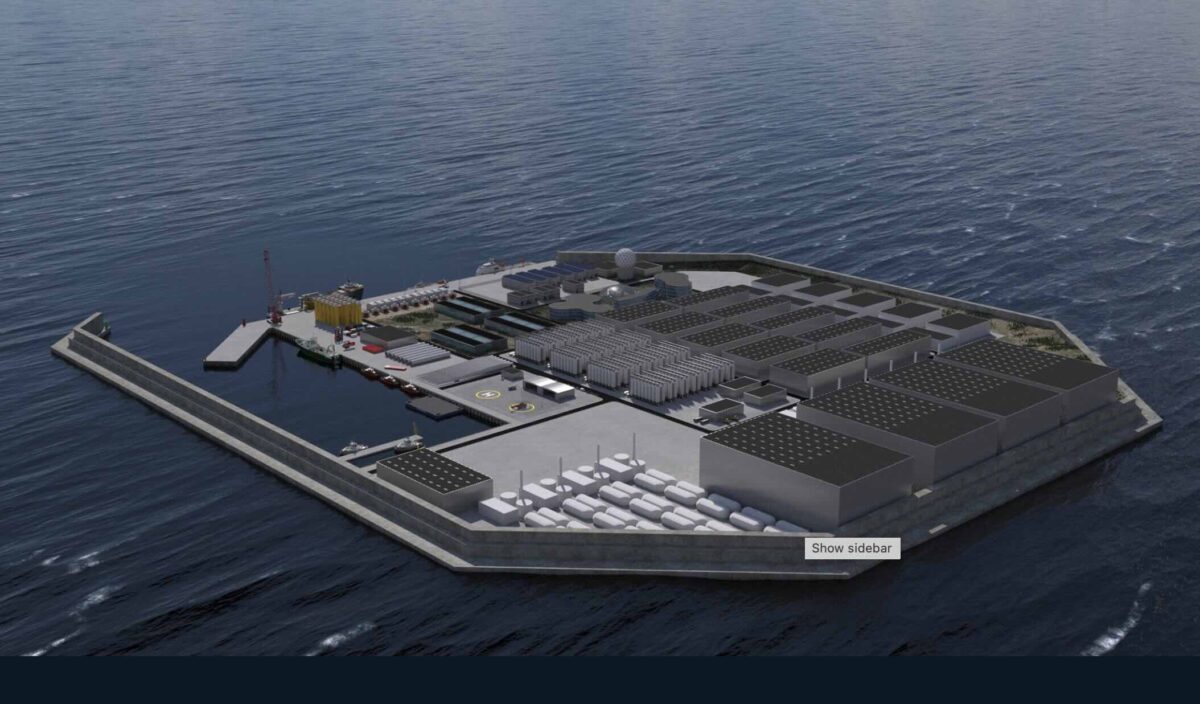Green Hydrogen Energy Islands in the North Sea: A Cost-Saving Solution for Germany
Key Ideas
- Establishing energy islands with 20 GW of offshore wind power can save Germany up to €4.3 billion annually by producing green hydrogen.
- Connecting these islands to the mainland via hydrogen pipelines and limited grid connections reduces grid buildout costs and enhances energy system flexibility.
- Offshore hydrogen production is more efficient than onshore, with lower energy losses and less grid buildout requirements.
- Germany aims to significantly increase offshore wind power capacity by 2035 and 2045, with collaborations with Denmark in offshore wind projects and energy island construction.
A report by the Fraunhofer Institute for Energy Economics and Energy System Technology suggests that building 'energy islands' in the North Sea with 20 gigawatts of offshore wind power could result in annual savings of up to €4.3 billion for Germany through green hydrogen production. These islands, connected to 10 GW offshore capacity each and located 150 kilometers offshore, offer cost advantages compared to feeding all offshore wind electricity into the mainland grid for hydrogen production. The report highlights reduced grid buildout costs and increased utilization of high voltage direct current cables as key factors driving the savings. Offshore hydrogen production is deemed more efficient than onshore due to lower energy losses and reduced grid requirements. By connecting the islands to the mainland via hydrogen pipelines and limited grid connections, the energy system gains flexibility, allowing surplus solar PV electricity to be converted into hydrogen during periods of low offshore wind and high solar generation. Germany's ambitious targets include reaching 40 GW of offshore wind power capacity by 2035 and 70 GW by 2045. Collaborations with Denmark on offshore wind projects and energy island developments indicate a joint commitment to advancing renewable energy solutions and enhancing energy system resilience.
Topics
Utilities
Renewable Energy
Energy Transition
Offshore Wind
Energy System
Electricity Supply
Cost Savings
Grid Efficiency
Cooperation Agreement
Latest News
